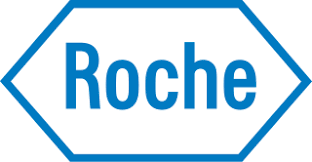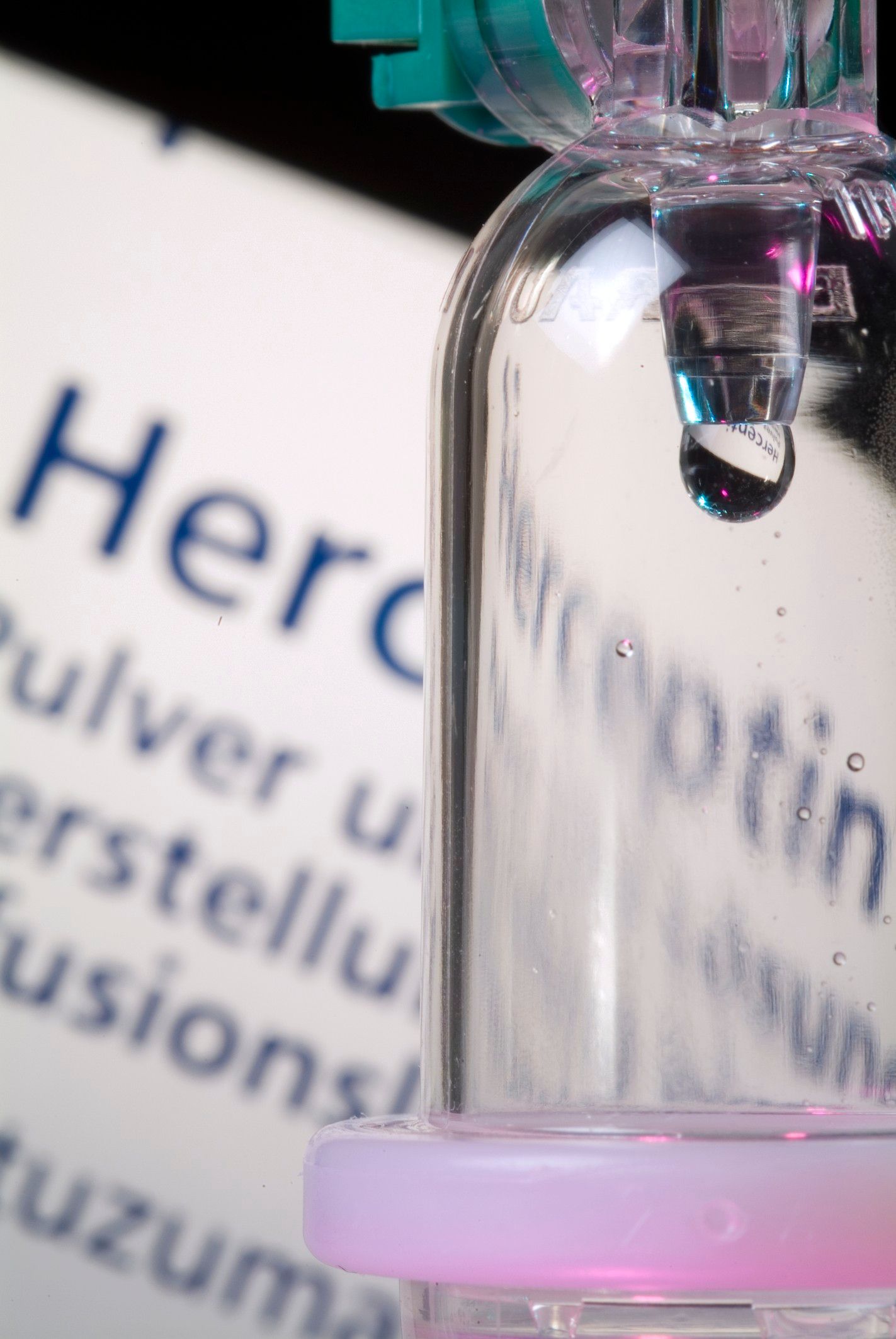- Bone Health
- Immunology
- Hematology
- Respiratory
- Dermatology
- Diabetes
- Gastroenterology
- Neurology
- Oncology
- Ophthalmology
- Rare Disease
- Rheumatology
Roche Sees Rejuvenation Amid Sales Declines From Biosimilars, COVID-19
Roche has begun another year of biosimilar sales erosion, although the company has said this year will not be as bad as 2020.
Biosimilars took a $1.74 billion bite out of revenues for Roche, the company said in its first-quarter financial report, contributing to an overall sales decline of 1% from January to March 2021. This stiff competition from biosimilars was not unanticipated, Roche said. However, the company hit milestones with new product sales and sees a rebound as pandemic effects are mitigated.
“The uptake of our recently introduced diagnostic tests and medicines remains strong, while we continue to see the expected impact from biosimilars on sales of our established medicines,” Roche said in a statement. Sales for the first 3 months of 2021 were $16.26 billion, down from $16.49 billion in the comparable year-ago quarter.
Roche produces the blockbuster biologic originator products rituxmab (Rituxan), bevacizumab (Avastin), and trastuzumab (Herceptin). These are now facing significant biosimilar competition, “especially in the United States,” the company reported.
Whereas in the first quarter of 2020 Rituxan, Avastin, and Herceptin accounted for 33% of the pharma sales mix at Roche, that percentage dropped to 22% in the first quarter of this year, the company reported. Sales of Avastin were down 40% in the just-ended quarter vs the year-ago period. Among hematology products, which include Rituxan, sales were down 37%. Herceptin is sold among a basket of Roche products for treatment of human epidermal growth factor receptor 2–positive cancer, and this portfolio saw an 11% sales decline.
Conversely, sales of new products represented 50% of the total revenue mix, as opposed to 37% this time last year. Products identified as new included pertuzumab (Perjeta), trastuzumab emtansine (Kadcycla), introduced in 2012 and 2013, respectively; atezolizumab (Teqcentriq) and ocrelizumab (Ocrevus), introduced in 2016 and 2017, respectively; and satralizumab (Enspryng) and subcutaneous pertuzumab/trastuzumab (Phesgo), introduced in 2020, among many others.
The pandemic continues to have a downward effect on patient volume at hospitals and health practices, where infusions have declined, Roche said. However, the Switzerland-based pharmaceutical giant has benefited from the sale of medicines used to treat COVID-19.
For a while now, Roche has battled the effects of biosimilar competition. In its 2020 year-end report, the company predicted that losses to biosimilars that year would be the worst and that the hemorrhaging would start to lessen. Full-year 2020 revenue declines from biosimilars amounted to $6.34 billion. “I think we’ve seen the worst that it can get,” said Bill Anderson, CEO of Roche Pharmaceuticals, in a report. At that time, Anderson predicted a negative $5.1 billion biosimilar sales impact in 2021.
Newsletter
Where clinical, regulatory, and economic perspectives converge—sign up for Center for Biosimilars® emails to get expert insights on emerging treatment paradigms, biosimilar policy, and real-world outcomes that shape patient care.


